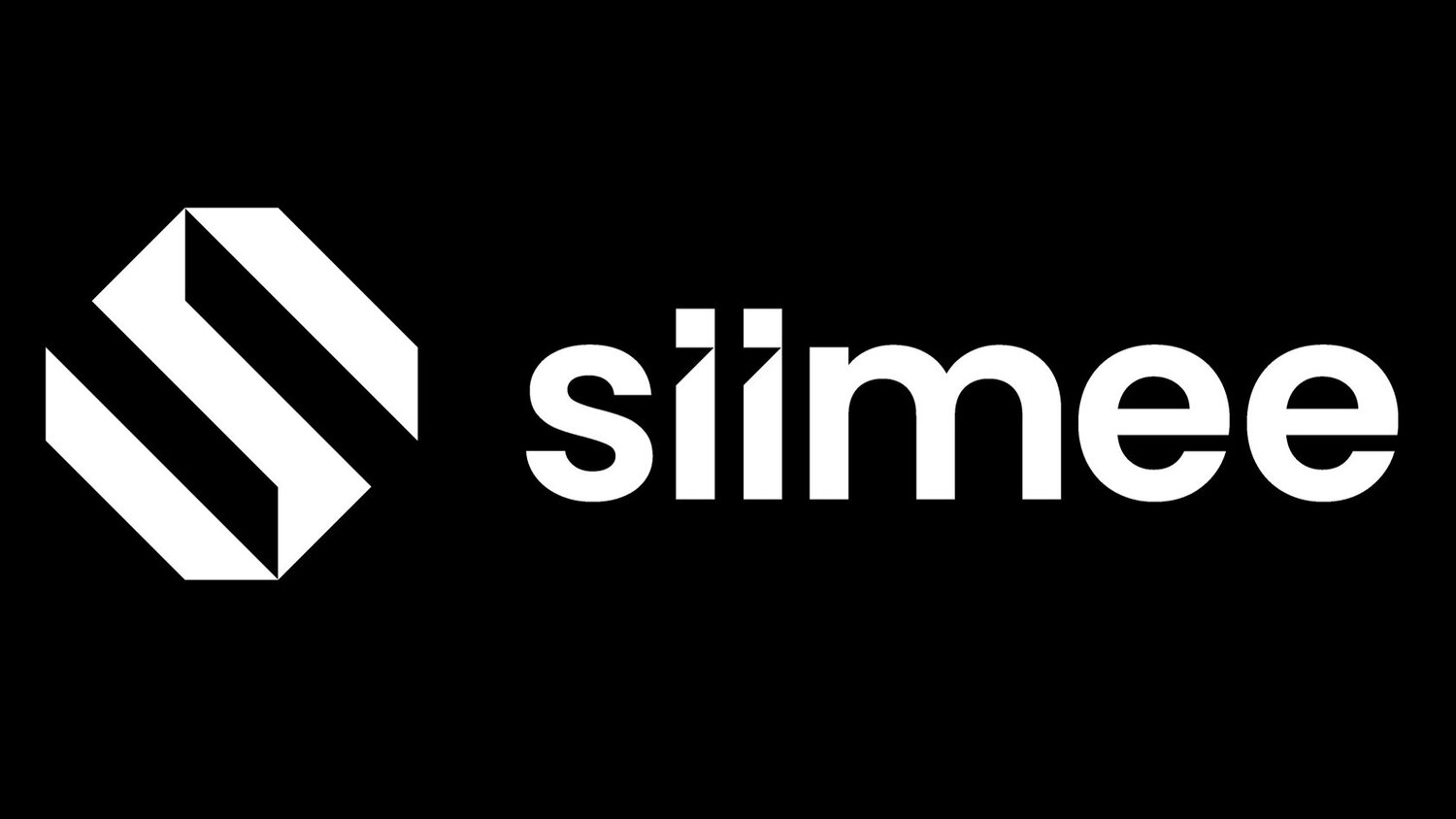In Conversation With Kacey Short
In 2020, Kacey Short became Tinder's first and only DE&I business partner, supporting more than 500 employees and consulting for their parent company, Match Group. Despite her considerable experience, she felt she needed to be better equipped for the new world of DE&I-- so she enrolled in Harvard to earn a masters degree in public administration. Read our conversation with her to find out what she thought she was missing and what she hopes to accomplish for the entire DE&I sector:
Tell us about yourself. How did you begin your career in the Diversity, Equity & Inclusion sector? Have you ever witnessed or experienced bias in the workplace? What did that look like and how did it impact your career decisions?
I completed my undergraduate degree in Women’s & Gender Studies with a minor in Human Sexuality Studies thinking I would support the LGBTQ+ community in the public sector post graduation but I randomly fell into HR/Recruiting at a staffing agency. From there, I transferred to a tech company in the Bay Area, which resulted in a minor identity crisis. So, I told myself that I had 5 years to marry my passion for social justice in the private sector. Luckily, I got that opportunity at Tinder in 2018.
I’ve absolutely witnessed bias in the workplace. One of the reasons it’s difficult to address is because now-a-days it’s implicit and emotional as opposed to outright aggressive. I wouldn’t say it had a strong impact on my career decisions outside of confirming that I wanted to pursue Diversity, Equity, and Inclusion work with the hope that I could address these biases at the organizational level.
You were Tinder’s first and only DE&I business partner, running a department at a global tech corporation with upwards of 500 employees on your own. How did this opportunity arise, and what were some of the challenges you tackled during your time there?
I was having a career development conversation with my manager and she suggested two growth paths for me at Tinder. One, moving in the direction of being a Recruiting Manager and the other, to build out the DEI function from scratch. Although I enjoyed the people aspect of recruiting, it wasn’t where my heart was so I seized the opportunity to start DEI.
The main challenge was to determine what Diversity, Equity, and Inclusion meant for the organization. Just because these are buzzwords didn’t mean I could actually define them in a way that made sense for the company at that point in time. Next, I focused on how to ensure existing processes were equitable and fair. I wouldn’t necessarily say I succeeded on this front but I am proud of the changes that were made.
You are currently pursuing a Master's in Public Administration at the Harvard Kennedy School. Tell us why you decided to pursue this degree and how you want to use it in your future.
As much as I enjoyed the work I was doing in DEI, I wasn’t making the impact I wanted - not due to the organization or industry, rather due to systemic issues and power imbalances that exist in the United States (such as racism, capitalism, and the patriarchy to name a few).
As anyone who has applied to grad school knows, it’s an arduous process that requires deep self reflection. I was repeatedly tasked with answering the question of who I look up to and because I like to think of myself as someone who doesn’t have idols (eye roll) I always replied that I focus on aspects of people’s lives that inspire me over the individual themselves. To be even more of an eye roll, I usually answer, the minor Greek moon goddess, Achelios, who was known as, “she who washes away pain”.
I want my life’s work to mirror this sentiment, not from a clinical standpoint per se but developing and supporting others provides me joy. I’m hoping there’s a way I can influence the systems of power I listed above to serve this purpose.
As if you didn’t have enough on your plate, you also have a Diversity, Equity & Inclusion consultancy (KLS Consulting), counseling both individuals and organizations. What are some of the services you offer your clients? Do you see any trends within organizations that are searching for DE&I guidance?
I offer essentially any service to my clients they’re seeking outside of working for them full time as I’m in school.
The three biggest questions I get are:
How do I pivot into doing DEI work?
My Executive Team who is mainly white, straight, and cisgender says they care about DEI but they don’t provide any resourcing or if they do, they don’t participate in the work. How do I *actually* get them to care?
How do I launch an Employee Resource Group?
In a perfect world, what does DE&I look like to you? Both for individuals and for corporations.
I don’t have one perfect vision of DEI (for individuals or corporations) because this work will never be done. It’s relative to one’s geography, employee demographics, industry, etc. and most importantly, it’s a vulnerable and iterative way of working that requires a change in mindset. The main thing I’d like well-intentioned people in power to know is that hiring someone to own the DEI function at your organization is not enough. You can’t outsource this work. The DEI person can provide you with guidance that will allow you to solve your own problems because it’s everyone’s responsibility, but mainly yours, to do this work.


